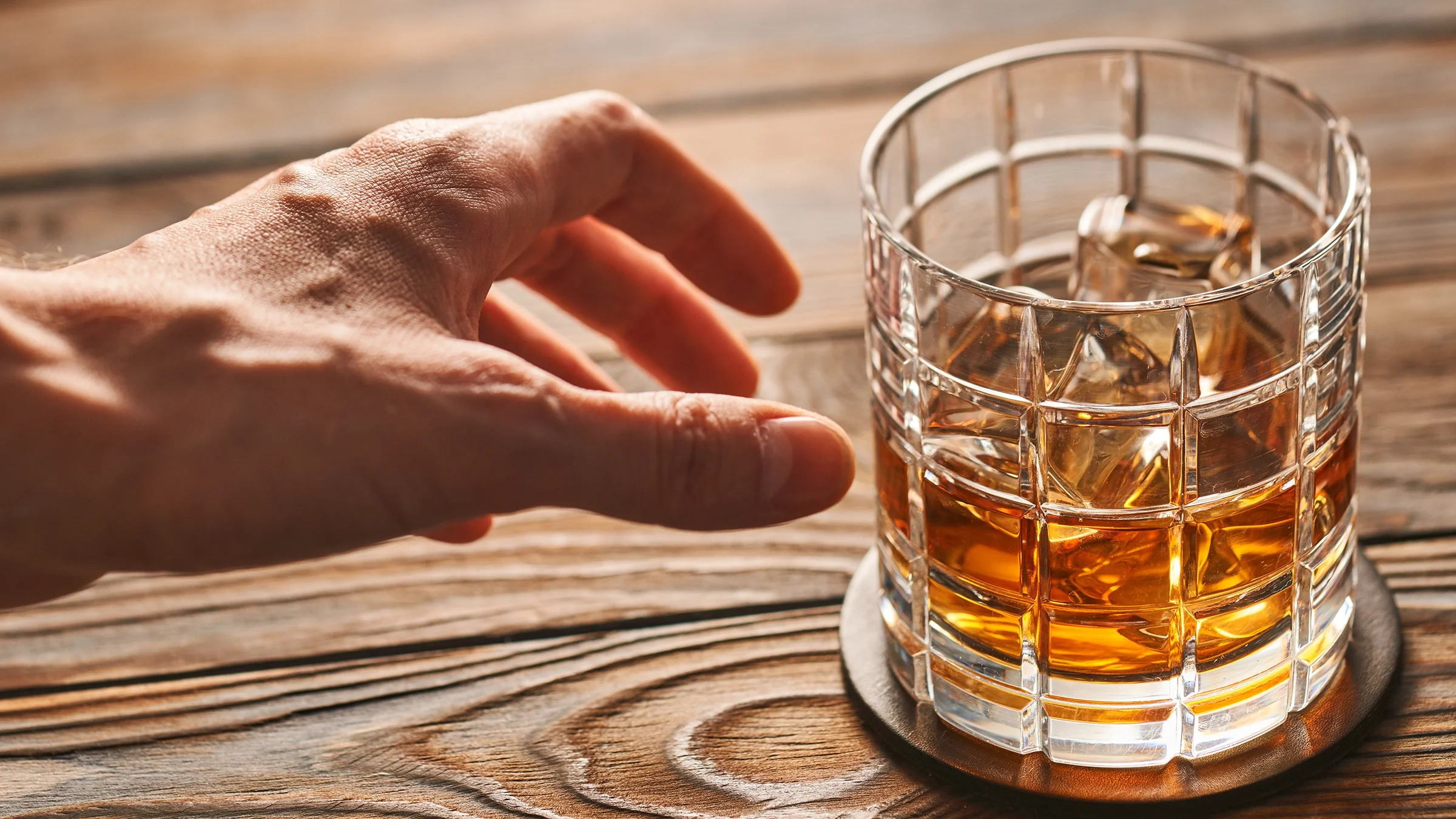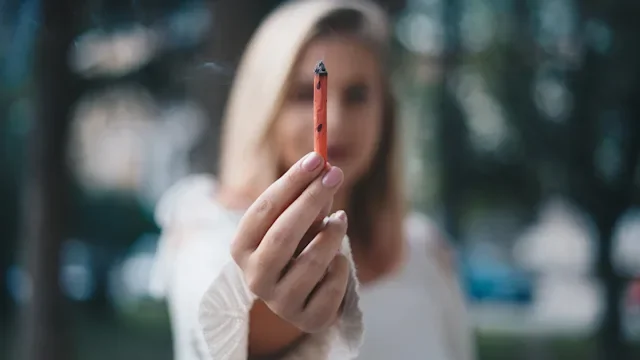Key takeaways:
People may use alcohol as a way to self-medicate or cope with negative feelings.
Drinking alcohol may bring pleasure and relief from negative feelings in the short term. But self-medicating with alcohol can lead to more problems in the long run.
If you’re concerned that you’re self-medicating with alcohol, help is available.
There are many reasons that people drink alcohol. For example, some may drink for pleasure or due to peer pressure. Others may drink because they link alcohol with social settings, like parties.
Self-medication is another common reason that people drink alcohol. Self-medication is a difficult pattern to break. But it’s possible to learn other healthier ways of coping with your feelings.
Here’s what you need to know about self-medicating with alcohol: the signs, risks, and how to address it.
Search and compare options
What does it mean to ‘self-medicate’ with alcohol?
Self-medication is using alcohol or drugs as a way to cope with negative feelings. For example, someone may turn to alcohol when they feel sad or anxious. In low doses, alcohol can cause mild euphoria and relaxation. Some people report that drinking helps them forget their troubles and gives them “liquid courage” to deal with difficult situations.
Anyone can self-medicate with alcohol. But people with mental health conditions are especially at risk of using alcohol as a coping mechanism. In fact, one study found that around 1 in 4 people with mood or anxiety disorders self-medicated with alcohol or drugs.
Self-medicating with alcohol may seem harmless. But it comes with risks. Using alcohol as a coping mechanism can lead to alcohol use disorder. Some signs of alcohol use disorder include:
Difficulty controlling alcohol use
Cravings for alcohol
Continuing to drink even though it causes conflict with loved ones
Giving up activities and hobbies because of drinking
Is self-medication the same as an addiction?
Self-medication isn’t the same as an addiction. An addiction is when you continue to use substances even though they cause serious problems, and you have no control over it. Professionals often use the term “alcohol use disorder” to describe using alcohol in this way.
Self-medication, on the other hand, is one reason that people use alcohol. People who self-medicate with alcohol may or may not have an addiction. But self-medicating with alcohol does increase the risk of developing an addiction.
What are some common reasons that people self-medicate with alcohol?
People may self-medicate for many different reasons. Some common reasons that people self-medicate are to cope with:
Anxiety
Social pressure
Depression
Bipolar disorder
Trauma and post-traumatic stress disorder (PTSD)
Attention-deficit hyperactivity disorder (ADHD)
What are the effects of heavy drinking? Heavy drinking is linked to many short-term and long-term health problems. Here’s what the research shows.
What does having a “high tolerance” for a substance mean? Understand the definition of tolerance and why it’s not a good sign.
Tips to stop drinking: Whether you’re looking to stop drinking or cut back, these strategies can help you succeed.
You don’t need to have a mental health condition to self-medicate. Anyone who uses alcohol to cope with negative or uncomfortable feelings is self-medicating. For example, having a drink to relax after a long day is technically self-medicating. But that’s not always a cause for concern. Self-medicating becomes harmful when it leads to problems in a person’s life or a person drinks to the point of having alcohol use disorder.
How do moods and cravings affect a person’s decision to self-medicate?
Moods and cravings can both play a role in a person’s decision to self-medicate with alcohol. Cravings for alcohol can be triggered by uncomfortable emotions or mood states, like:
Anxiety
Sadness
Frustration
Irritation
Stress
Read more like this
Explore these related articles, suggested for readers like you.
Cravings are powerful urges to drink, and you need to manage them well. If you don’t, you may act on them and use alcohol to cope with your negative feelings. It’s important to be aware of cravings and take action to manage them. This may help you avoid self-medicating. Instead, you can turn to a healthier coping mechanism.
What are the signs of self-medicating with alcohol?
You may be self-medicating if you’re drinking for the following reasons:
To “take the edge off” your mood
To make a situation more tolerable or comfortable
To cope with feelings or emotions
To forget or take your mind off an event or experience
To avoid people, events, or responsibilities
If you’re concerned about whether you’re self-medicating, ask yourself:
In what places do I tend to drink?
With which people do I drink?
Do I turn to alcohol when I feel a certain way, like sad, nervous, or happy?
How does alcohol make me feel?
Think about your answers. You might notice that you use alcohol to cope with uncomfortable emotions. If this is the case, there are steps you can take to change this behavior and develop healthier coping mechanisms.
Why is self-medicating a bad coping strategy?
All coping strategies have a purpose. Self-medicating works in the short term: If you’re feeling stressed, drinking can help you feel more calm and relaxed.
But it can also lead to problems:
Self-medicating with alcohol increases the risk of alcohol use disorder.
It can also put you at risk of emotional harm.
Using alcohol in this way can affect your relationships, career, and other areas of life.
The problem(s) you’re trying to avoid will still be there later, and they may even be worse than before.
It’s also important to note that heavy alcohol use is also linked to health conditions. These include:
Memory loss
Liver problems like fatty liver, alcoholic hepatitis, and cirrhosis
Pancreatitis
High blood pressure
Stroke
Certain cancers
How do you stop self-medicating with alcohol or drugs?
If you’re self-medicating with alcohol or drugs, you may have a substance use disorder. A medical or mental health professional can evaluate you to determine whether you do. If you do, treatment, including therapy and medications, can help.
To locate a treatment specialist or facility, you can:
Contact your health insurance company for a list of in-network medical or mental health professionals.
Reach out to the Substance Abuse and Mental Health Services Administration (SAMHSA)’s National Helpline at 1-800-662-HELP (4357).
Visit SAMHSA’s Behavioral Health Treatment Services Locator.
Visit the National Institute on Alcohol Abuse and Alcoholism (NIAAA)’s Alcohol Treatment Navigator.
What are effective coping methods instead of drinking?
Healthier coping strategies are more effective in managing uncomfortable feelings and dealing with problems head on. Other steps you can take to help yourself stop self-medicating include:
Attending a support group like Alcoholics Anonymous, Narcotics Anonymous, or SMART Recovery
Finding other outlets for negative feelings, like exercise, journaling, or doing something creative
Considering talk therapy to work through stress, grief, or anxiety
“Urge surfing,” where you notice a craving when it arrives and imagine yourself “riding the wave” until the craving decreases, rather than giving into it
Practicing good self-care by getting enough sleep and eating well
Mindfulness can be a good tool to increase your awareness of your feelings and urges. The idea is to be aware of what you’re thinking and feeling. It’s the opposite of going through life on autopilot. With mindfulness, you can be more aware of your choices. When an uncomfortable feeling appears, you can learn not to turn to alcohol or drugs. Instead, you will simply notice the feeling.
If you haven’t tried mindfulness before, you can start a practice by taking a class or using a meditation app. You can also find a quiet place to sit and focus on your breathing. Some people find it helpful to count their breaths in and out. If thoughts or feelings come up, just notice that they are there. Then, gently and without judgment, let them go. The goal of practicing mindfulness in this way is to help you sit with, rather than react to, thoughts and feelings.
Frequently asked questions
The initial “buzz” or feelings of relaxation and happiness are due to how alcohol affects the brain. It primarily affects neurotransmitters in the brain, such as gamma-aminobutyric acid (GABA), serotonin, and dopamine. These changes activate the brain’s reward system and temporarily dampen negative emotions.
There’s a strong link between substance use and ADHD, but the cause-and-effect relationship isn’t clear. People with ADHD don’t report self-medication as a reason for substance use more than people without ADHD. So substance use may be related to poor impulse control or co-existing mental health conditions. More research is needed.
The initial “buzz” or feelings of relaxation and happiness are due to how alcohol affects the brain. It primarily affects neurotransmitters in the brain, such as gamma-aminobutyric acid (GABA), serotonin, and dopamine. These changes activate the brain’s reward system and temporarily dampen negative emotions.
There’s a strong link between substance use and ADHD, but the cause-and-effect relationship isn’t clear. People with ADHD don’t report self-medication as a reason for substance use more than people without ADHD. So substance use may be related to poor impulse control or co-existing mental health conditions. More research is needed.
The bottom line
Self-medicating is the act of using drugs or alcohol as a way to cope with negative feelings. Using alcohol as a coping mechanism may bring temporary relief and pleasure. But it causes more problems in the long run. Self-medication is a bad coping strategy because it can lead to addiction, health problems, and other negative consequences. If you’re self-medicating with alcohol, treatment, self-help groups, and mindfulness can help. Also, developing other positive coping strategies can help you break the pattern.

Why trust our experts?



References
Abbey, A., et al. (1993). The relationship between reasons for drinking alcohol and alcohol consumption: An interactional approach. Addictive Behaviors.
Crum, R. M., et al. (2013). A prospective assessment of reports of drinking to self-medicate mood symptoms with the incidence and persistence of alcohol dependence. JAMA Psychiatry.
Ghițǎ, A., et al. (2019). Identifying triggers of alcohol craving to develop effective virtual environments for cue exposure therapy. Frontiers in Psychology.
Koob, G. F., et al. (2025). Neuroscience: The brain in addiction and recovery. National Institute on Alcohol Abuse and Alcoholism.
National Health Service. (2024). Addiction: What is it?
National Institute on Alcohol Abuse and Alcoholism. (n.d.). Alcohol’s effects on the body. National Institutes of Health.
Substance Abuse and Mental Health Services Administration. (2023). Mental health and substance use co-occurring disorders.
Substance Abuse and Mental Health Services Administration. (2023). SAMHSA’s national helpline.
Turner, S., et al. (2018). Self‐medication with alcohol or drugs for mood and anxiety disorders: A narrative review of the epidemiological literature. Depression and Anxiety.
Young, S., et al. (2015). Attention deficit hyperactivity disorder and substance misuse: An evaluation of causal hypotheses and treatment considerations. Expert Review of Neurotherapeutics.

















